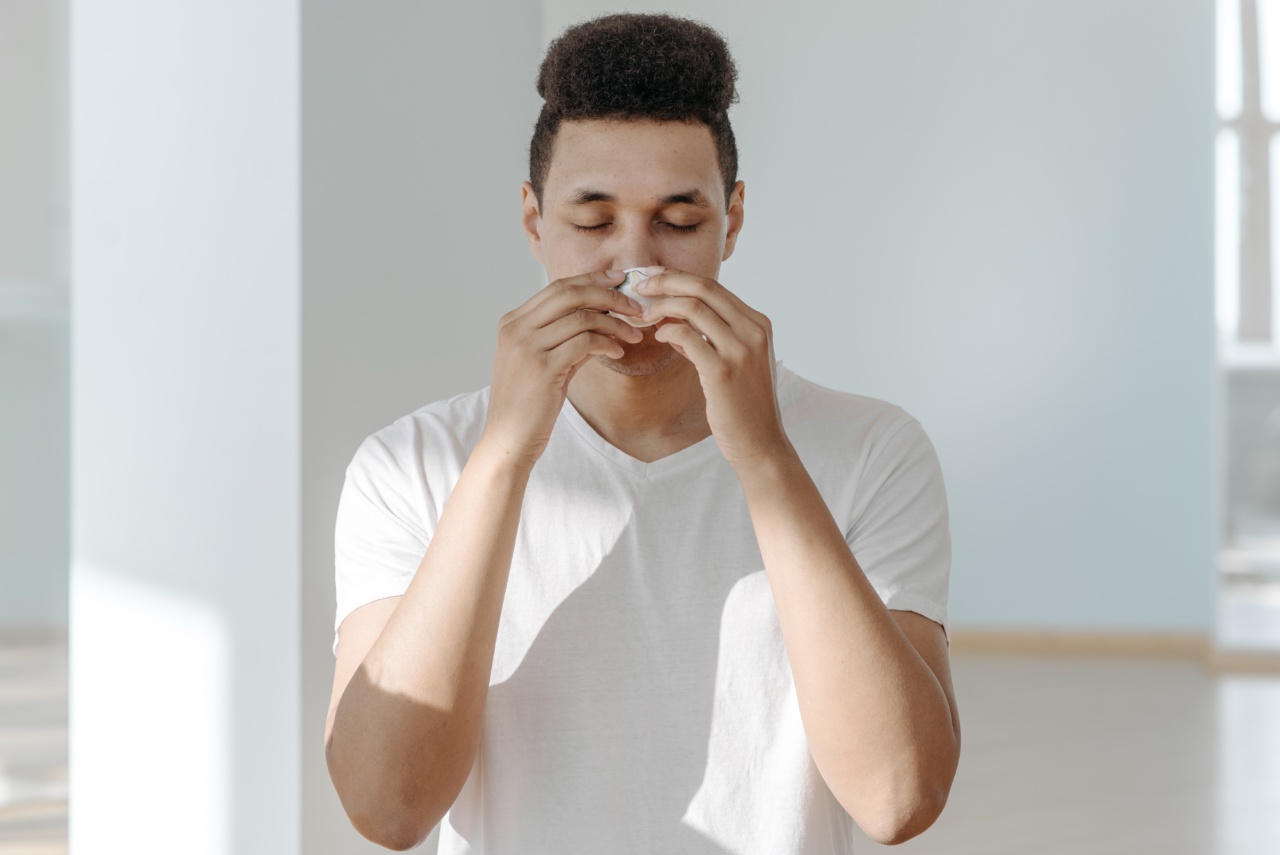Allergies can be an incredibly frustrating and limiting condition. Whether it’s seasonal allergies, food allergies, or an allergy to a material, the symptoms can be severe and debilitating.
But what exactly causes allergies? And why do some people experience symptoms while others do not? The answers to these questions are not yet fully understood, but there are some key theories that can shed light on the mysterious trigger behind allergy symptoms.
What are Allergies?
Allergies are the result of an overreaction of the immune system to a substance that is perceived as harmful, even if it isn’t. The body’s immune system produces antibodies to combat foreign invaders, such as viruses and bacteria.
In the case of allergies, the immune system mistakenly identifies a harmless substance as a threat and produces antibodies to attack it. This triggers the release of chemicals in the body, such as histamine, which causes allergy symptoms like itching, sneezing, runny nose, hives, and more.
Why do Some People Get Allergies?
There are several theories about why some people develop allergies while others do not. One theory is that allergies are genetic, meaning that if a person’s parents or other close relatives have allergies, they are more likely to develop them.
Another theory is that exposure to certain environmental factors, such as pollution or allergens, during critical periods of development can influence the development of allergies.
Research has also shown that the development of allergies may be linked to a person’s gut health. The gut is home to trillions of bacteria that help with digestion, metabolism, and immune system function.
A disruption in the gut’s bacteria and a weakened gut lining can lead to the development of allergies.
What are Common Allergens?
There are many substances that can trigger allergies, known as allergens. Some common allergens include:.
- Pollen from trees, grasses, and weeds
- Food, such as peanuts, tree nuts, shellfish, dairy, and eggs
- Insect stings and bites from bees, wasps, and mosquitoes
- Medications, such as penicillin and aspirin
- Animal dander from cats, dogs, and other pets
- Mold and mildew
What are the Symptoms of Allergies?
The symptoms of allergies can vary depending on the type of allergen and the severity of the reaction. Common symptoms of allergies include:.
- Itchy, watery eyes
- Runny, stuffy nose
- Sneezing
- Coughing
- Wheezing and difficulty breathing
- Swelling of the lips, tongue, or face
- Rash or hives on the skin
Symptoms of a severe allergic reaction, called anaphylaxis, can include difficulty breathing, swelling of the throat and tongue, a rapid heartbeat, and loss of consciousness. Anaphylaxis requires immediate medical attention and can be life-threatening.
How are Allergies Diagnosed?
Allergies are typically diagnosed through a combination of medical history, physical exam, and allergy testing. Your doctor may ask about your symptoms, when they occur, and what triggers them, as well as your family history of allergies.
They may also conduct a physical exam to look for signs of an allergic reaction, such as swelling or hives.
Allergy testing is usually done through skin or blood tests. In a skin test, a small amount of the allergen is placed on the skin and then the skin is pricked or scratched to see if there is a reaction.
In a blood test, a sample of blood is taken and tested for the presence of antibodies to specific allergens.
What is the Treatment for Allergies?
Treatment for allergies typically involves avoiding the allergen, taking medication to manage symptoms, or undergoing immunotherapy to desensitize the immune system to the allergen.
Depending on the severity of the allergy, your doctor may recommend one or more of these treatments.
Antihistamines are a common medication used to treat allergy symptoms. They work by blocking the release of histamine, which can cause itching, sneezing, and other symptoms. Decongestants can also help relieve congestion and other symptoms of allergies.
Nasal sprays can also help relieve symptoms like congestion and runny nose.
Immunotherapy, also known as allergy shots, is a treatment that involves gradually exposing the body to increasing levels of the allergen over time in order to desensitize the immune system.
This can help reduce the severity of allergic reactions over time.
Conclusion
Allergies can be a frustrating and difficult condition to deal with. While the exact cause of allergies is not yet fully understood, research has shown that genetics, environmental factors, and gut health can all play a role in their development.
Common allergens include pollen, food, insect bites and stings, medications, animal dander, and mold. Symptoms can vary and range from mild to severe, with anaphylaxis being a potentially life-threatening condition.
Treatment for allergies typically involves avoiding the allergen, taking medication, or undergoing immunotherapy to desensitize the immune system.






























